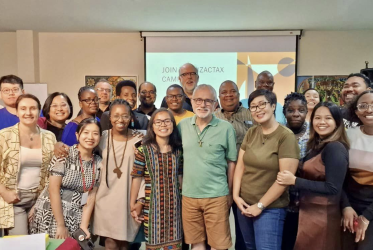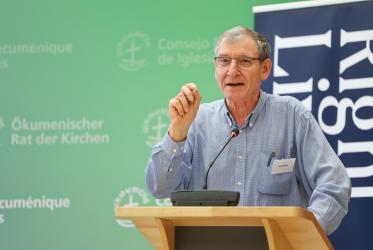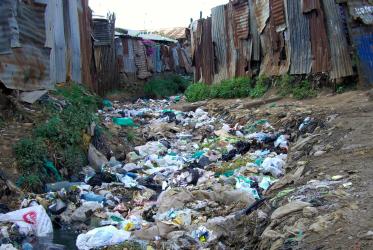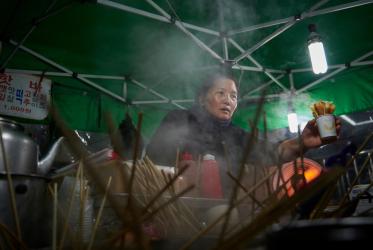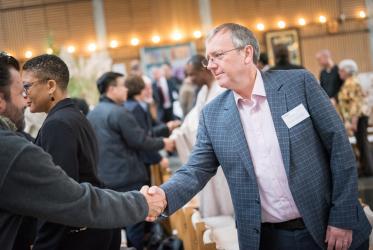Displaying 1 - 20 of 43
08 September 2023
Climate crisis fuels existing water injustice
27 October 2021
On World Toilet Day, sanitation is “an issue of justice”
16 November 2020
CCIA meets in Brisbane with focus on Pacific regional priorities
19 February 2020
Worldwide prayer campaign begins to end 70-year Korean War
06 February 2020
WCC Eco-School encourages youth to become eco-ambassadors
08 November 2018
Asian church leaders exchange ideas on diaconia
19 December 2017
The motor engineers of the ecumenical movement
18 September 2017
